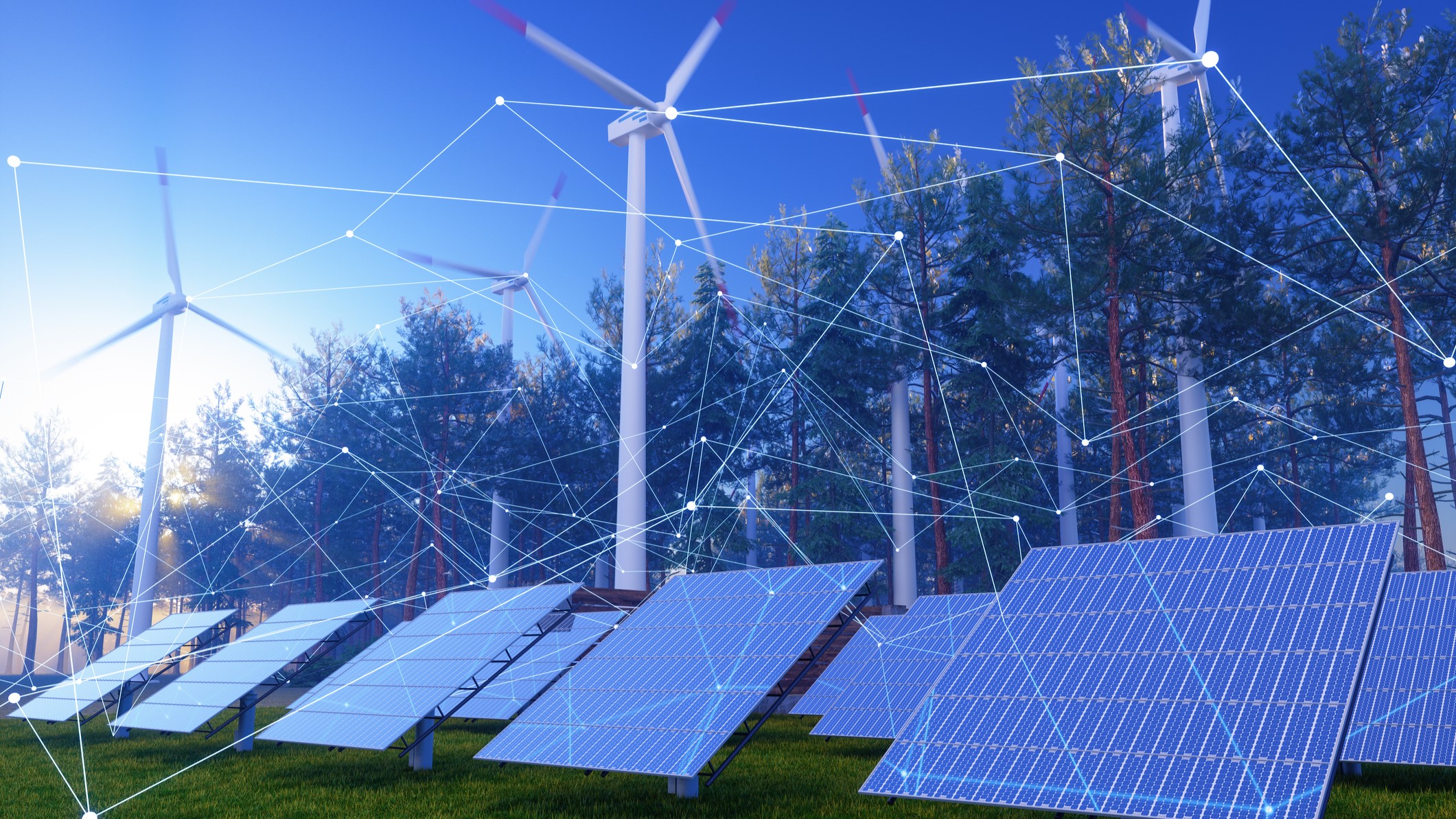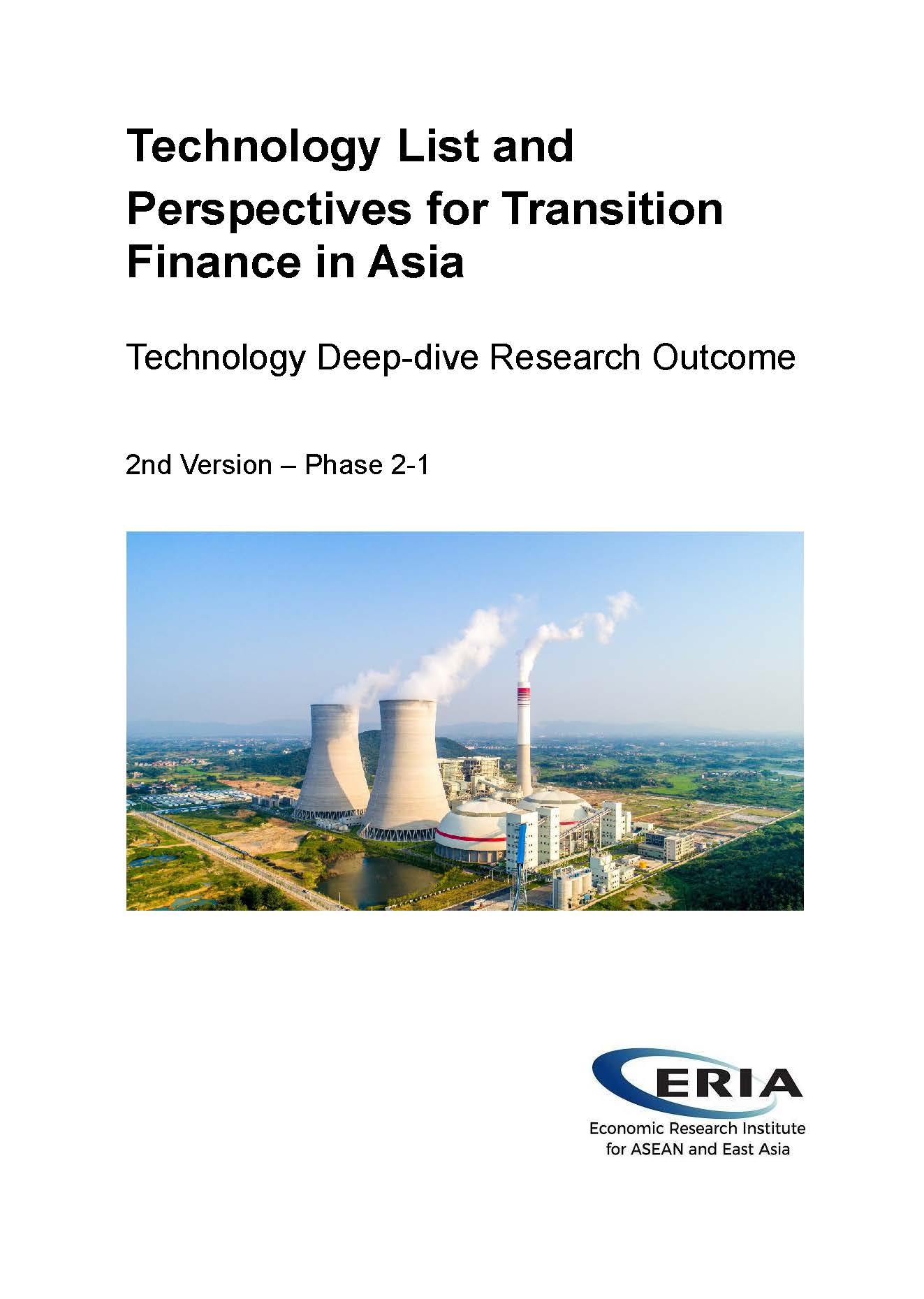The world is witnessing a rapid transformation in the energy sector, driven by the urgent need for climate action and increasing demand for energy security. Meanwhile, new technologies in the power sector are offering innovative solutions to meet carbon targets, while also presenting new challenges to existing infrastructure planning, market institutions, and policies and regulations.
For instance, renewable energy sources like solar and wind are experiencing explosive growth, driven by falling costs, technological advancements, and supportive policies. This shift towards cleaner energy necessitates smarter grids for managing the variability of renewables and integrating distributed energy resources. Artificial intelligence is playing a crucial role in this evolution, empowering smart grids with predictive analytics for demand forecasting, fault detection, and optimised grid operation. Blockchain technology is also emerging as a potential disruptor, enabling secure and transparent peer-to-peer energy trading, facilitating multilateral trade of electricity in ASEAN. This confluence of innovative technologies is paving the way for a more decentralised, intelligent, and sustainable energy future in the region.
As such, the ASEAN Power Grid (APG), envisioned as a key driver of regional energy security and low-carbon transition, requires modernisation and integration of transformative technologies. The following categories of new technologies can each offer APG enhanced efficiency or robustness in different aspects and are thus worthy of study:
(1) Supply Side Technologies
- Enhanced Grid Management: Smart grid technologies like real-time monitoring, data analytics, and advanced control systems will improve grid stability and enable efficient integration of variable renewable energy (RE) sources like solar and wind. This will be crucial for managing cross-border power flows and optimising dispatch across diverse generation sources.
- Decentralised Cross-border Coordination: Information sharing platforms and coordinated operation protocols powered by smart grids and advanced algorithms can facilitate seamless real-time communication and collaborative grid management between interconnected ASEAN countries, ideally in a decentralised way. This will not only enhance operational efficiency and reliability but also foster greater confidence in multilateral cross-border electricity trade.
(2) AI-Applications in the Power Sector
- Demand Forecasting and Optimisation: AI-powered demand forecasting can predict electricity consumption patterns across the region, enabling optimal generation planning and allocation of resources for cross-border trade. This will minimise energy waste and facilitate efficient utilisation of power grids.
- Predictive Maintenance and Grid Resilience: AI algorithms can analyse data from sensors across the APG to predict potential equipment failures and optimise maintenance schedules. This will enhance grid resilience, minimising disruptions and ensuring secure cross-border power flows.
(3) Smart and Efficient Trading
- Secure and Transparent Trading: Blockchain's inherent security and transparency features can transform cross-border electricity trading by enabling direct peer-to-peer transactions between producers and consumers across the APG. This can streamline trade processes, reduce transaction costs, and improve market efficiency.
- Smart Contracts and Distributed Energy Resources (DERs): Blockchain-based smart contracts can automate electricity transactions based on pre-defined terms, facilitating seamless microgrid and DER integration into the APG. This will open up new avenues for cross-border trade involving smaller, distributed energy sources.
The purpose of this project is to contribute to the realisation of an advanced APG in the ASEAN region by identifying opportunities for applying the above-mentioned new grid technologies. Specifically, the studies should also provide a practical review of the challenges and policy recommendations for the implementation of these new technologies related to APG. As such, ERIA notes that the project is in line with the APAEC Program Area 1 on APG, especially Action Plan 4.2: ‘Analyse the expansion of APG considering other flexible resources and emerging technologies as well as demand side management’.
Expected Policy Recommendations
- Estimation on the benefits of introducing new technologies to APG, such as efficiency improvement, cost saving, emissions reduction, RE integration, system reliability and energy security enhancement.
- Development of a roadmap for deployment and integration of the emerging new technologies with the APG.
- Harmonization of regulatory frameworks, grid code and standards across ASEAN member states to facilitate cross-border power trade, considering the adoption of new technologies.
- Exploration on the proper integration of these new technologies to enable a decentralized or virtual organized electricity market in ASEAN
- Identification of priority pilot projects demonstrating the viability of specific technologies in different ASEAN contexts.
- Recommendations for addressing energy security concerns related to these advanced technologies, such as grid robustness and reliability, cyber security concerns and data privacy issues.
- Capacity building by international consultants for AMS government officials and technical experts
Study Methods
ERIA expects that 2-3 international consultant teams will be contracted, each to cover a selected category of emerging technologies mentioned above. Importantly, the consultant teams are expected to conduct the studies in a coordinated manner so that the interconnections among the aforementioned technologies can be identified, in order to deliver an integrated and streamlined solution for APG to adopt these technologies.
The following methodologies are expected to be applied by the consultant teams, depending on the needs of their specific topic:
- Literature review: An extensive review of existing research, reports, and case studies on the application of these technologies in power grids globally and within ASEAN.
- Data collection and analysis: Collection of relevant data from ASEAN member states, including grid infrastructure, energy mix, regulatory frameworks, and technology adoption trends. Analysis of this data to identify potential applications and challenges.
- Expert interviews: In-depth interviews with stakeholders from ASEAN governments, utilities, research institutions, and technology providers to gather insights and perspectives on technology integration.
- Scenario modelling: Develop and compare different scenarios for integrating these technologies within the APG, considering factors like cost, technical feasibility, and regulatory barriers.
- Workshops and stakeholder consultations: Organise workshops and consultations with key stakeholders across ASEAN to discuss research findings, validate recommendations, and identify potential pilot projects. Two workshops are expected to be held under this project. The first workshop will be conducted online for two days as a consultation workshop and will include discussions and short capacity-building sessions in line with the study progress. The second workshop is intended to be a validation workshop and will be conducted for two days at the ERIA office and will include the sharing of study results.





